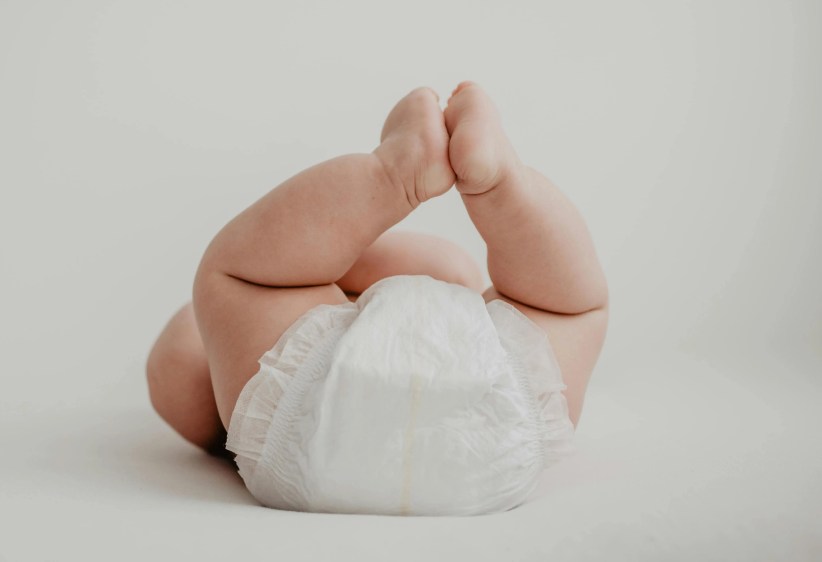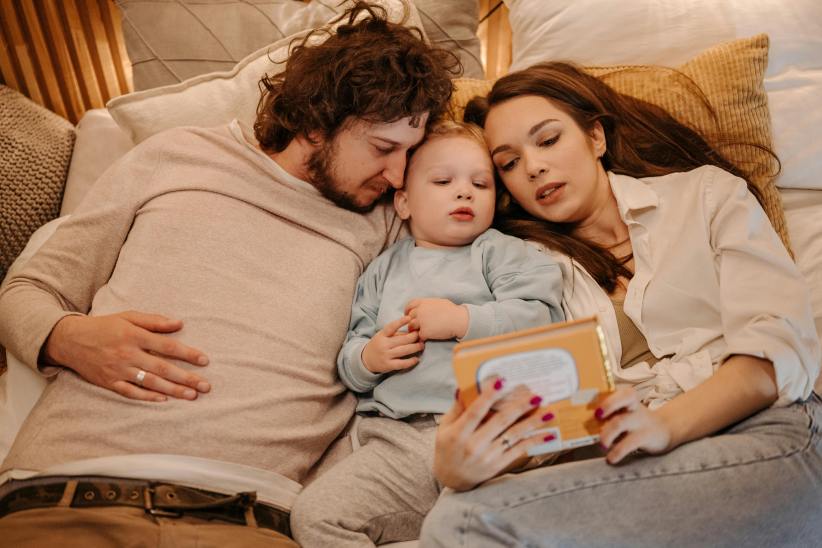The number of women in the United States giving birth to children after the age of 35 is rising, according to a report published in 2014 by the Center for Disease Control and Prevention.
Twenty years ago it would have been unheard of for a woman to give birth in her 40s. Thanks to advances in assisted reproductive technologies, women have more opportunities available to them to have children after 35.
Just recently the media has focused on several women, such as singer Sophie B. Hawkins, who have decided to have a baby at the age of 50. They have been able to get pregnant through technological developments with in vitro fertilizations, such as using donor eggs or unfreezing eggs or embryos women created in their 30s, when they were more fertile.
There are many reasons for women postponing childhood. One motive could possibly be that people, in general, are living longer lives. Another factor is that women are finding fulfilling careers during their childbearing years. Some women have not yet found a partner with whom to have a child.
Lois Nachamie, a board-certified psychotherapist, counsels women having children later in life, as well as their families. Fifteen years ago, Nachamie, who was 42 when she had a baby, published a book called “So Glad We Waited: A Hand-Holding Guide for Over-35 Parents,” with a forward by actress Debra Winger. Fifteen years later, 35 doesn’t seem so old to wait and have a baby now that mothers are becoming pregnant at 50.
“I think by the time a woman is 50, she’s made an active decision. You can’t rely on your regular cycle. You have to make use of a lot of assisted reproduction by the time you’re 50, so these women have made a considered choice,” Nachamie says.
Nachamie also takes into consideration the rising life expectancy in the United States and other economically developed countries.
“Our life expectancy has certainly increased dramatically and the ability to combat disease and maintain a preventive kind of lifestyle means that a woman in her 50s in this day and age, if she’s taking care of herself, is pretty healthy. She’s not like a woman in her 50s fifty years ago,” she says.
She also says older mothers in good physical health should not be too anxious about the physical challenges of raising a toddler.
“I think people are often worried about the physical challenges, but even if you might have creaky knees when you’re 60, if you’re in good shape, the physical challenges aren’t as horrendous as people fear.”
She advises older mothers to take precautions when parenting, telling them not to indulge to their child’s every whim.
“The birth of a child to an older mother is a very treasured and cherished event. It’s not a mistake by any stretch of the imagination. Because the child is so wanted in terms of parenting, it becomes a little trickier,” she cautions. “Setting limits is sometimes harder than when you have a child at a younger age because you’re so happy to have this kid that you kind of don’t want to say ‘no.’ ”
Nachamie has also seen older mothers struggle in raising toddlers.
“I think the other thing for women over 50 is that the toddler years can be trying and exhausting. Some people find it just fabulous and they think everything their kid does is spectacular. Other women are really bored and they don’t like sitting on the floor and playing games. That depends on the personality of the mother.”
Older mothers, furthermore, can find their teenage children emotionally challenging when they reach adolescence, Nachamie believes, saying “these kids may be embarrassed by their mothers when they reach their teen years. Children start to worry that their parents are going to die, which they often don’t talk about, but they certainly are aware of.”
From her work counseling families, she’s seen the problem technology poses to older mothers.
“If a woman is over 50, her relationship with technology, no matter how technically savvy she is right now, is still a real, hard disconnect between how much kids use technology and how much time they spend with their family. Common sense tells you that the more a kid is involved with any kind of technology, the less they’re involved with another human being,” she says.
Another obstacle Nachamie considers is the possibility of older mothers becoming grandparents.
“An older mother might be a grandparent, but if your own child wants to wait until they’re 40 years old to have a baby, then the mother is 90. I don’t think that should stop anybody. I just don’t think it’s something that hits people until they are older and their child is older.”
Despite the challenges mothers 50 and older experience, Nachamie still holds their tenacity and determination in high regard.
“The 50 year old who has decided to have a child, in my opinion, is a very brave woman. I believe from a psychological point of view, when the biological urge was upon her, she had other things going on and so now, psychologically, she is allowing love into her life,” she says.
“Clearly what a child does is bring love into the home,” she adds. “It gives us someone to love unconditionally. So I think the 50 year old who has decided to do that is a very brave human being. I admire them tremendously and they have brought something to this relationship that a younger woman may have not.”
To learn more about Lois Nachamie’s books and insights into parenting, visit www.loisn
Allison Plitt is a freelance writer who lives in Queens with her husband and young daughter. She is a frequent contributor to New York Parenting.






















